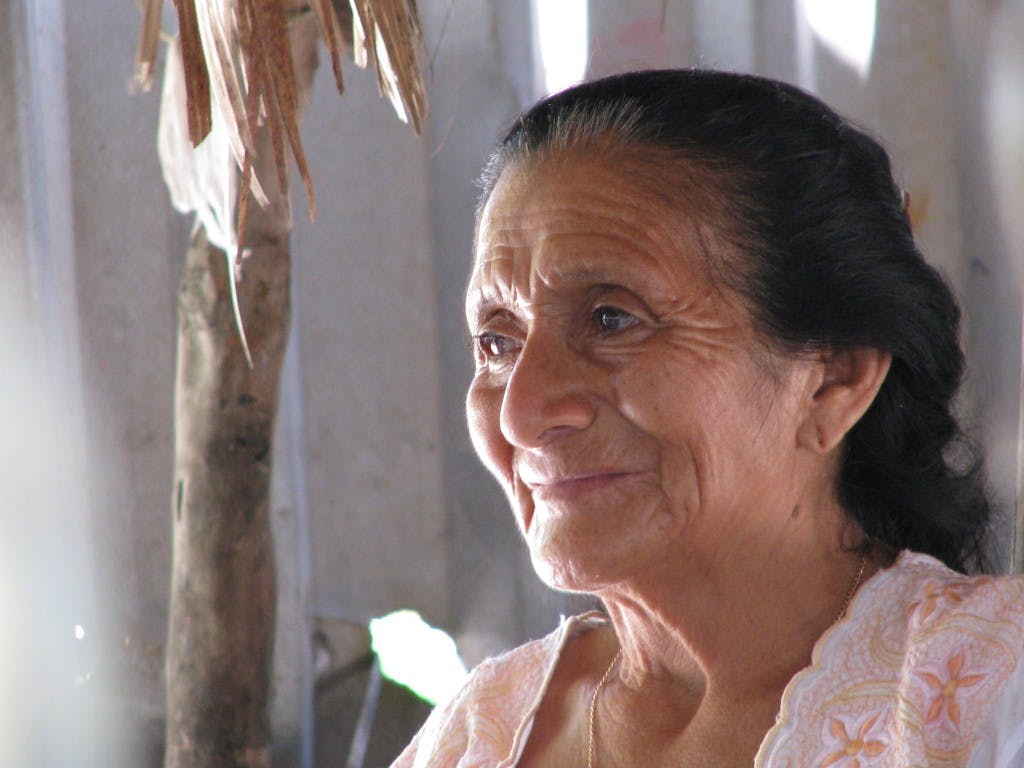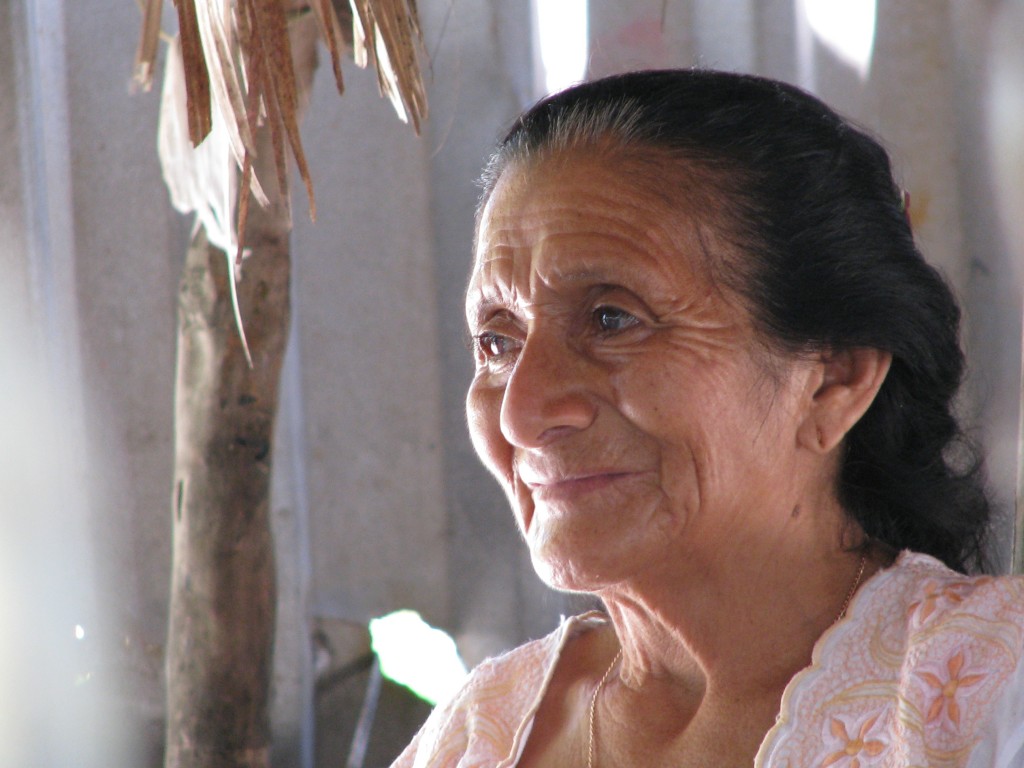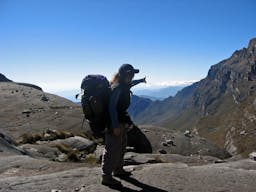Steamed vegetables and fish tacos against guns
Jan 21, 2015
Story


Sometimes we feel beaten. Personally watching the news gets me terribly down. So many important things to be said and, instead, we get the regular 20 minutes of violence, 10 minutes of curious facts and then 30 minutes of football and beauty queens. It’s the way injustice turns into an everyday meal you have to swallow cold. It is precisely on that kind of day I was robbed at gun point. The guy sat down by my side in the bus, showed me his gun and talked quiet chit chat for 40 minutes. I never got the point of it but finally could not stand it silently and asked, “Is it hard? Could you tell me what thoughts cross your mind when you get home after a day´s work? Are you proud?” “I´ve been meaning to quit, you know. It is hard. Knowing you could get killed everyday… and what about our families?” I was immediately silenced by the opposition of his lack of compassion for the people he robbed and his mind going immediately to his family. Maybe that´s the whole deal: lack of compassion for strangers.
A year ago, I was working at a field station in Yucatán. From time to time, we would pack our experiments in the freezer and try to enjoy a weekend away from the lab. This particular time, my friends and I went along the coast, the Mayan land was ahead, waiting for us to discover it´s wonders. After long drive, we came to a tiny town were the Coconut Festival was taking place. There was traditional music playing and dancing in the plaza and tones of cheap, fantastic Mexican food. In the middle of it all, there was a small hut and we went right ahead, curious of its appearance. Inside there was an old man appointed by the town´s governor to tell people about their environmental projects. This is a tiny, tiny, believe me, tiny town called San Crisanto, and yet, they had a recycling system going on, a huge plan for ecological buildings, a founding plan for solar driven energy and a reforestation plan for its adjoining wetlands. The hearts of 5 biologists skipped a bit.
Next morning we went down to the ecotourist hut, where we were told we could get ourselves a tour through the wetland system. Manuel was appointed to be our guide. We went all on his little canoe, which he maneuvered by levering with a long stick. We talked all the way into the wetlands about sustainability, about ecosystem health and human health. He appeared to be a simple man but his ideas where so global we were soon talking about fisheries running out of marketing goods and climate change´s impact on diversity. We were so tangled up in the conversation he invited us back to his house for lunch.
This was a small house harboring 5 children, 3 adults and Mamá Sofía (in picture). This woman had raised her three children by herself, keeping a garden in the back of her house and teaching them how to fish. Manuel and his two brothers took care of her now she was older, and kept her garden neat to eat and her grandsons near to make her laugh. They invited us all to have soup and fish tacos, coconut water from the palm trees that grew around the property and steamed vegetables from their garden. I had to explain my vegetarian diet as it is usual in latinamerican environments but Manuel understood right away. “People should fish only what they can eat” he said, with his yucateco accent, and then he laughed at the thought of Colombian fishes repopulating the sea. We stayed the whole afternoon in their house, sharing stories with this humble, yet amazingly sustainable family. When we left the place, we were silent. There was an awe in the air that no words could describe.
There are uncompassionate people in the world moving among us. They look exactly like everyone else but make our lives harder. Nonetheless, there are compassionate people too, who would share everything they own with a complete stranger. It seems each of these positions is part of a human nature that rules our society. However, I would like to think they are not. I would like to imagine a world where you get to make a choice about the kind of person you would be towards others. I would like to live in a world where Mamá Sofía´s kindness and strength can be transferred to her sons and her grandsons spreading through them like a contagious disease. When I remember her and her family, and other people of their same nature, I don´t feel beaten anymore. If you do sometime, think about strong people who would give up their duties in order to help a stranger and, then, you will be able to imagine a world without so much hatred and many more fish.




